Practicing an Attitude of Gratitude
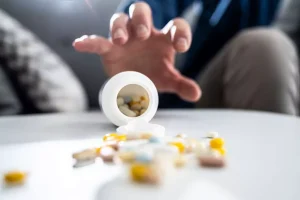
It is easy to feel overwhelmed and pessimistic when living through the challenges of addiction recovery. You may feel like you don’t have the strength or willpower to overcome your obstacles, and you might start to get caught up in negative thoughts and emotions like anger, self-doubt, or hopelessness. However, maintaining a sense of gratitude can help you stay focused on what is important and find strength in difficult times. Being grateful is shown to be helpful for people with mental health disorders like addiction. Gratitude encompasses many things, but it’s rooted in an appreciation for what you have. It’s also an appreciation for the things you no longer struggle with, such as the fear and anger that stemmed from your addiction.

Thinking Positively Helps with Recovery
A quick way to practice gratitude is by making a list of things you’re grateful for in recovery each day. Keep your lists for a reminder of why you’re working toward recovery- and what the future could be. Gratitude, thankfulness, and appreciation – paying attention to the positive things in your life is an important part of a healthy outlook on living.
Why Is Gratitude Important in Addiction Recovery?
Try to eliminate negative thoughts and feelings or match them with a positive counterpart. Gratitude is the act of appreciating what you have and expressing it to yourself and others. It can help you shift your focus from what you lack or regret to what https://ecosoberhouse.com/article/alcohol-neuropathy-symptoms-and-treatment/ you have and cherish. This can reduce negative emotions such as anger, resentment, guilt, and shame, which can trigger a relapse. Gratitude can also increase positive emotions such as joy, happiness, love, and hope, which can support your recovery.
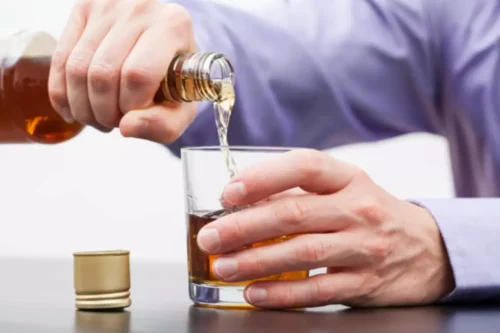
Essentials for Practicing Gratitude in Recovery
They may believe that gratitude is ignoring or denying the negative aspects of life or being overly optimistic. Scientific studies tell us that gratitude can benefit a person’s recovery experience. However, many people still have doubts or misconceptions that prevent them from practicing it regularly. Many people who struggle with addiction also suffer from co-occurring mental health issues, such as depression, anxiety, PTSD, or bipolar disorder. Abusing drugs or alcohol can take a toll on your physical health, causing problems such as liver damage, heart disease, infections, or chronic pain. However, gratitude can help you overcome these difficulties and see positivity in your recovery.
At Design for Recovery, we believe recovery is more than abstaining from substances. It is also about developing gratitude, honesty, responsibility, and other essential life skills that can help you achieve lasting sobriety and healthy living. We provide you with the tools, guidance, and community you need to rebuild your life and why is gratitude important in recovery reach your full potential. You can also create your affirmations based on what you are grateful for in your life. Say positive affirmations to yourself in the mirror, or write them down on sticky notes and place them around your home. The more you repeat these affirmations, the more you will internalize them and feel their effects.
- The more we’re able to look for the silver lining in the hardest circumstances and be thankful for what we are learning, the more resilient we become.
- By changing how we relate to our pain, gratitude enables a growth mindset by which we can learn to embrace lessons from even the hard things, Smith said.
- If you’re struggling with sobriety and want to break free from addiction’s hold so you can reclaim your life, there is help.
Addiction Destroys Dreams, We Can Help

And while it may not come easily at first, just like negative thinking is a habit for some, being grateful can become a habit too. Reach out to someone you like and trust, and ask to exchange gratitude. When you hear their perspective, when you see where they look for meaning, your mind will respond in kind.
Gratitude for Mood Improvement
- We must also become active stewards by caring for the natural world that already cares for us.
- It’s a mindset that can be cultivated daily, shifting focus from negativity to celebrating blessings.
- Can gratitude serve as a useful tool or strategy for people in early recovery?
- The steps of your recovery plan should be at the top of your list – consistently.










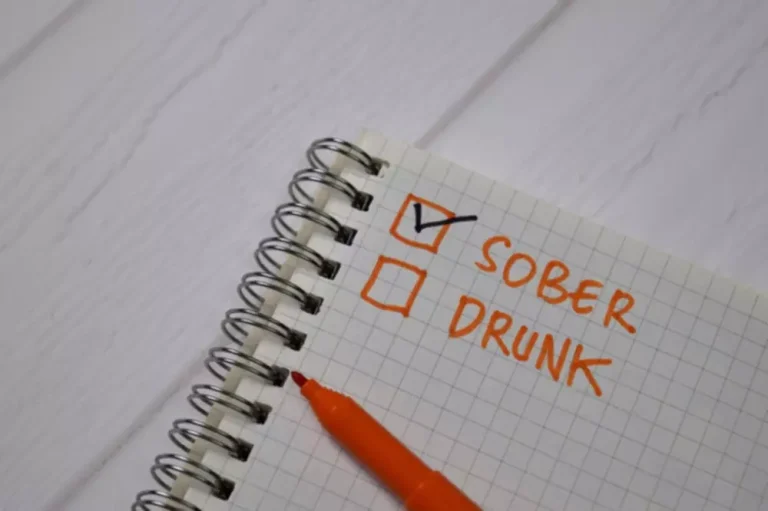

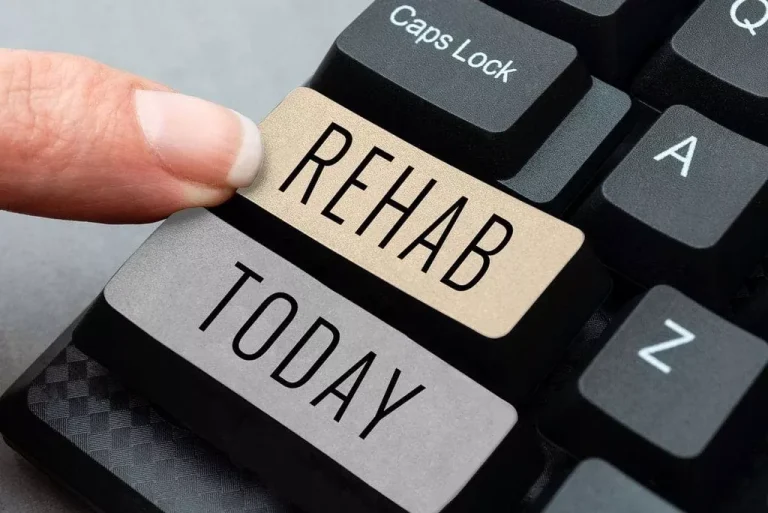
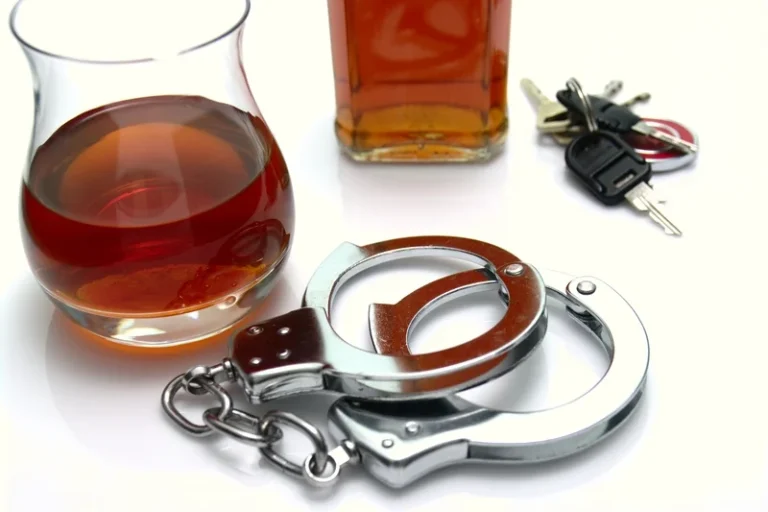







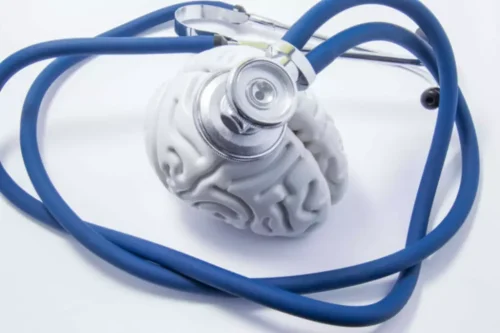



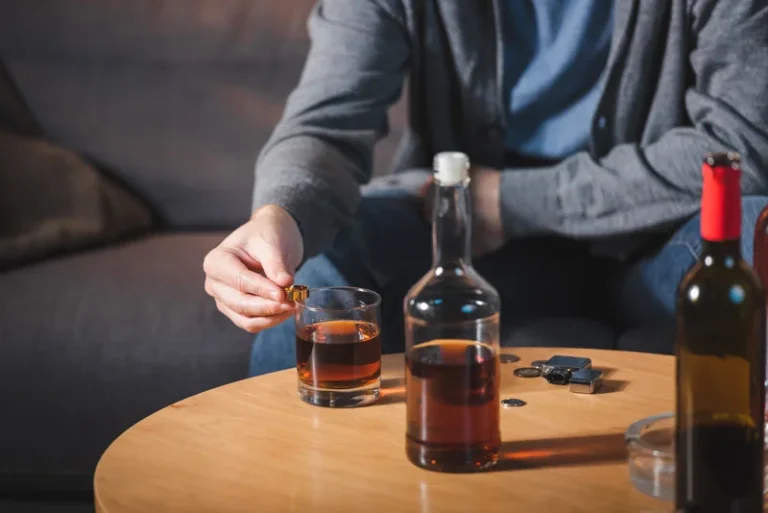

Recent Comments